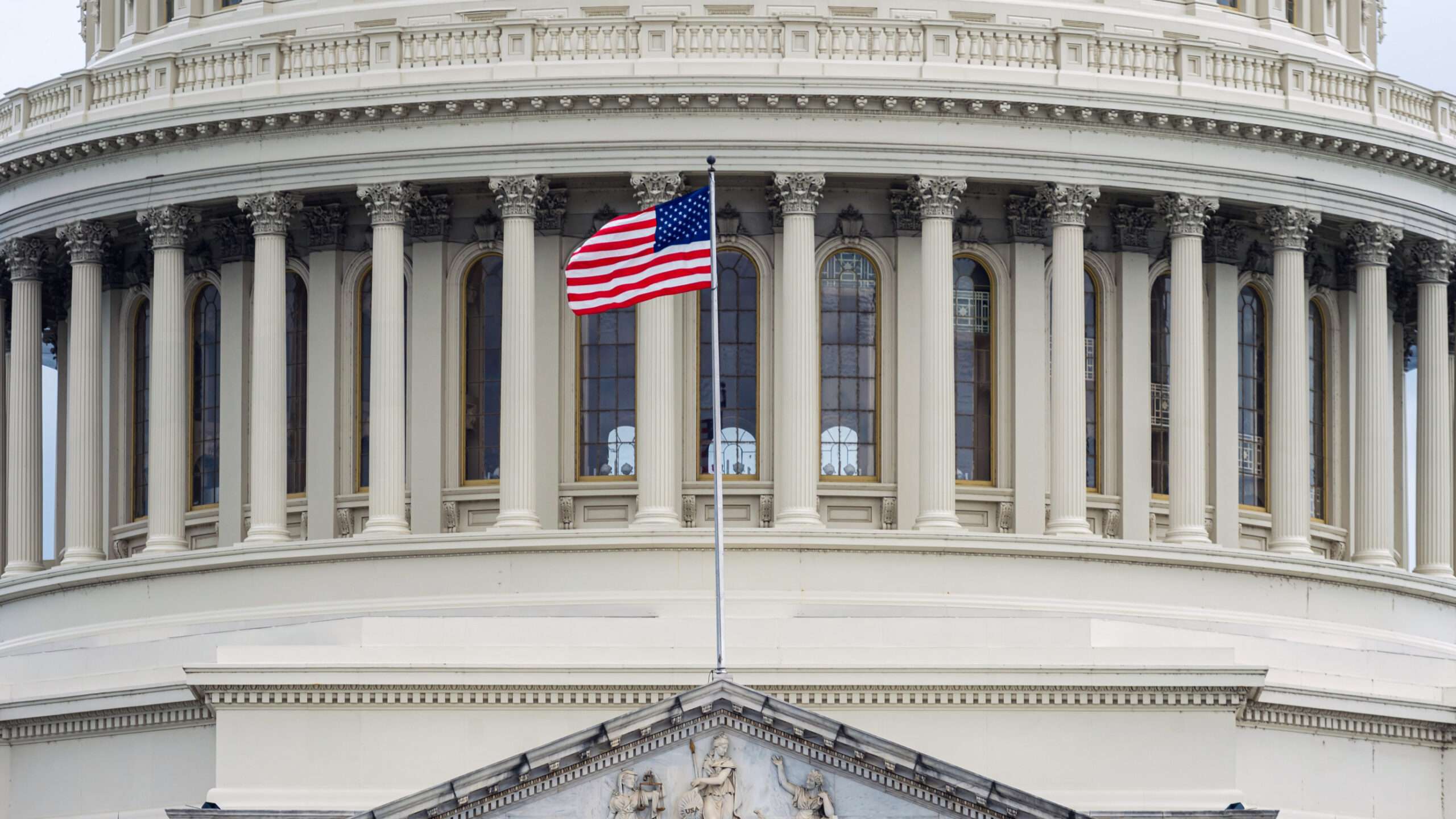MOUNT PROSPECT, ILL. — The United States corporate tax rate has been stuck at 35 percent for three decades. In that time, other leading countries have slashed their corporate rates to an average of 25 percent, with many far below that figure. This tax rate discrepancy puts domestic manufacturers at a competitive disadvantage and creates incentives for them to engage in “inversions” (using openings in the law to change their tax nationalities) or to move production and jobs offshore.
[WILLIAM J. JONES] March 30th, 2017 [The New York Times]
Fortunately, there’s widespread agreement in the business community on the need for lower corporate taxes. Unfortunately, there’s strong disagreement over the best approach.
One proposal that has generated debate is that favored by the House speaker, Paul Ryan, and Representative Kevin Brady of Texas, the chairman of the Ways and Means Committee. The plan would cut corporate rates to 20 percent while offsetting lost revenue with a so-called border adjustment, which would tax imports and rebate taxes on exports. Critics, including many retailers, have expressed fear that consumer prices would skyrocket as a result.
From my perspective, as the chief executive of an American manufacturer of currency processing and authentication equipment, a border-adjustment tax makes complete sense as part of an overall tax package.
In general, it’s a good idea to shift the United States tax system toward consumption as opposed to production, which a border-adjustment tax would do. More than 150 of America’s trading partners currently impose consumption taxes, or “value added” taxes, of up to 25 percent on American exports. This means that American-made exported goods are burdened with the costs of American taxes as well as those of foreign taxes. Our foreign competitors face no such consumption tax when entering the American market, but they enjoy value-added rebates from their home countries, which help lower their prices in our market.
My company needs corporate tax relief, but I don’t want the country to incur huge budget deficits as a result. Nor do I want to see a big hike in individual income taxes. Additional revenue has to be found, though, and a consumption tax that raises revenues while leveling the international playing field would serve two valuable purposes at once.
Cutting business taxes and rebating taxes on my exported machines would allow my company to increase sales. Although my costs would rise somewhat because I have to import certain components that are no longer made domestically, the border tax would compensate for that loss by canceling out the tax-rebate advantage currently enjoyed by my foreign competitors.
More sales for my company would entail factory expansion, a larger work force and greater tax revenues for my city, state and country. Hopefully, such border-adjustability would also create the conditions for businesses in the United States to once again supply the components needed to build my equipment.
Those who object to the border-adjustment proposal — chiefly retailers who sell imported goods — claim that there will be exorbitant price increases for consumers. But there is reason to think any such increases would be smaller than critics suggest, as the tax would be applied only to the (lower) wholesale price at the border, not to the (higher) retail price in their stores.
In the meantime, if retailers intend to pass along the full cost of the tax to their customers, perhaps those higher prices could be mitigated for lower-income Americans by a tax credit phased out over, say, three years — during which time retailers should be able to find or help establish American suppliers to meet their needs at lower cost.
There is some question about whether a border-adjustment tax would be rejected by the World Trade Organization as an import barrier or export subsidy. But an American border tax would not be different in any relevant way from the longstanding consumption taxes that our foreign competitors currently enjoy with the blessing of the W.T.O., so it should not be judged any differently. If the W.T.O. — principally a bureaucratic collaboration of America’s competitors — were to reject an American border-adjustment tax, it might well be time for the United States to re-evaluate its relationship with that organization.
Theoretically, tax systems should collect revenue efficiently and distort markets as little as possible. But in an age of large-scale market distortion driven in part by the consumption taxes of our foreign competitors, why should American companies like mine be unilaterally disadvantaged because of misplaced fealty to an idealized tax system?
The United States economy is a big ship, and it can’t turn on a dime. However, a border-adjustment tax would provide a large impetus toward fixing many of the problems afflicting us.













